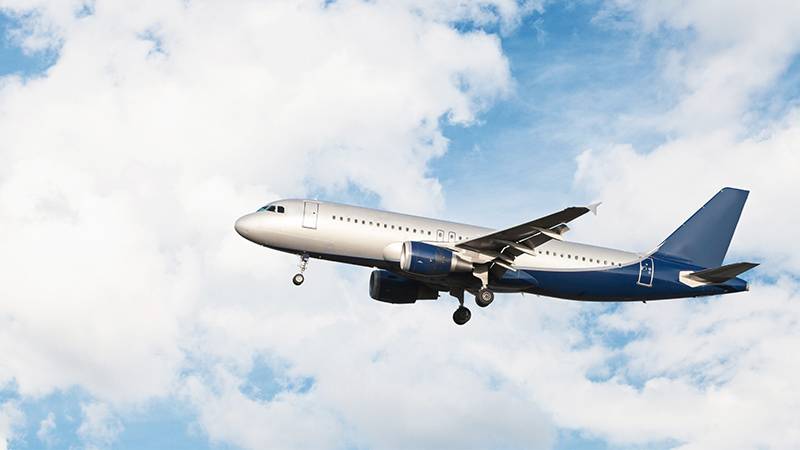In a significant development for the aviation industry, Virgin Atlantic successfully completed the first transatlantic flight of a large passenger plane powered entirely by alternative, sustainable aviation fuels (SAF). The flight, which did not carry fare-paying passengers, traveled from London’s Heathrow Airport to New York’s JFK Airport, a journey supported by government funding and seen as a crucial test for greener aviation methods.
SAF, derived from various sources like crops, household waste, and cooking oils, was used in the Boeing 787 for this flight. Specifically, 88% of the 50 tonnes of fuel came from waste fats, with the remainder sourced from corn production wastes in the US. The UK’s Civil Aviation Authority approved this flight after thorough testing and analysis. Notable collaborators in this project included Rolls-Royce and BP.
The aviation sector, known for its significant carbon footprint, views SAF as a key element in reducing emissions. Although planes using SAF still emit carbon, the industry claims that the lifecycle emissions of these fuels can be up to 70% lower than traditional jet fuel. However, critics, including Prime Minister Rishi Sunak, have pointed out that calling such flights “net zero” is misleading.
So-called sustainable aviation fuels (SAF) can be made from a variety of sources, including crops, household waste and cooking oils.
For this flight, a Boeing 787 was filled with 50 tonnes of SAF. Two types were used, with 88% derived from waste fats and the rest from the wastes of corn production in the US.
Shai Weiss, the CEO of Virgin Atlantic, emphasized the importance of SAF in decarbonizing long-haul aviation. He acknowledged the current scarcity and higher cost of SAF, which could lead to more expensive flights. Virgin founder Sir Richard Branson also admitted that the widespread availability of SAF is still some time away, but stressed the importance of initiating its use.
Currently, SAF is used in small quantities, blended with traditional jet fuel, and accounts for less than 0.1% of global aviation fuel consumption, according to the BBC. Its production is limited and costly, and aircraft are generally allowed to use up to a 50% blend of SAF. The UK government aims to have five commercial SAF plants under construction by 2025, with grant funding support.
While the aviation industry views this flight as a significant milestone, experts caution that SAF is not a panacea for aviation’s environmental impact. Dr. Guy Gratton of Cranfield University mentioned the need for future, genuinely net zero technologies, such as e-fuels, hydrogen, or other emerging technologies. Cait Hewitt from the Aviation Environment Federation criticized the notion of “guilt-free” flying through SAF alone, suggesting that reduced flying is the current most effective method for cutting carbon emissions.
UK ministers and industry leaders, however, remain optimistic about achieving “net zero” by 2050 while accommodating increasing passenger numbers. They are also exploring other technologies, including hydrogen and electric flights for shorter distances. The UK government plans to mandate that 10% of aviation fuel be SAF by 2030, a goal echoed by Airlines UK, which emphasizes the need for affordable and locally sourced SAF to avoid competitive disadvantages and job losses overseas.
More inspiring green news similar to this:


